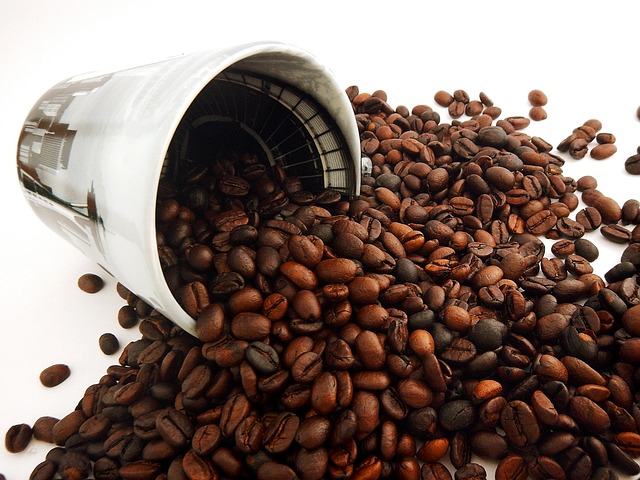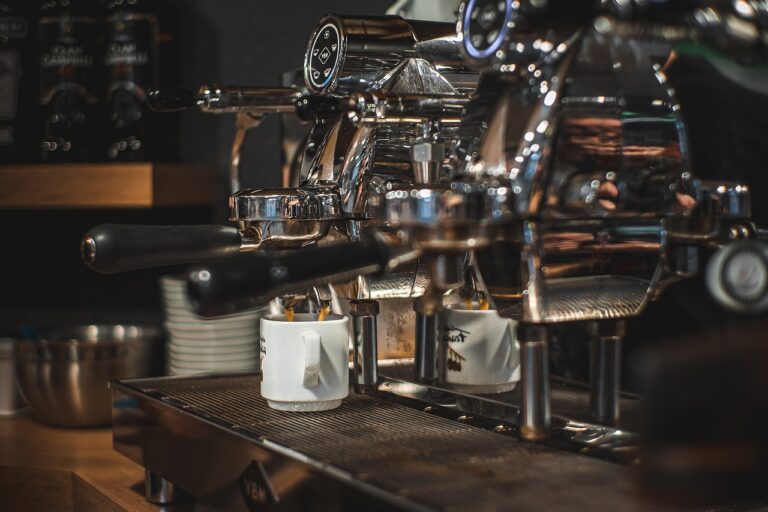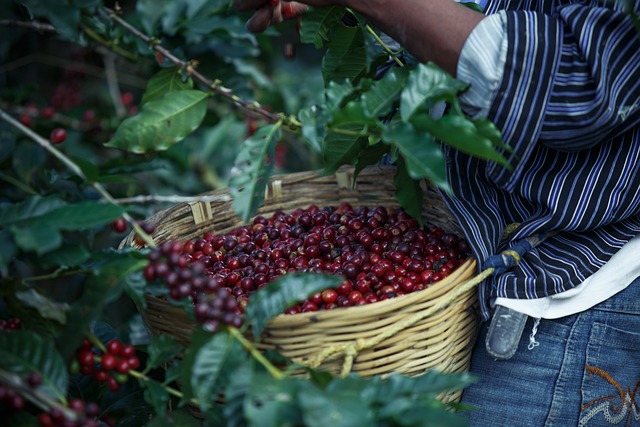Specialty Coffee: What Makes It So Special?
In recent years, the coffee industry has witnessed a significant shift towards specialty coffee. But what sets specialty coffee apart from the traditional cup of joe? Is it the taste, the origin, or the production process? In this article, we’ll delve into the world of specialty coffee, exploring what makes it so special and why coffee enthusiasts around the globe are embracing this trend.
The Definition of Specialty Coffee
Specialty coffee is more than just a beverage; it’s a designation that encompasses a set of standards ensuring the highest quality throughout the coffee’s journey, from bean to cup. The Specialty Coffee Association (SCA) defines specialty coffee as coffee that has been graded 80 points or above on a 100-point scale by certified coffee graders. This evaluation considers factors like flavor, aroma, aftertaste, acidity, body, balance, and overall impression.
Quality and Flavor Profile
One of the key aspects that make specialty coffee special is its superior quality and distinctive flavor profile. Specialty coffee beans are meticulously sourced and produced, resulting in a cup of coffee that offers a unique and complex flavor experience. Each cup is a journey through a spectrum of flavors, ranging from fruity and floral to nutty or chocolatey, depending on the coffee’s origin and processing methods.
The flavors of specialty coffee are often more pronounced and nuanced, allowing coffee connoisseurs to appreciate the subtleties and complexities that arise from specific growing conditions, bean varieties, and roasting techniques.
Ethical and Sustainable Practices
Specialty coffee is not just about the taste; it also involves ethical and sustainable practices. The sourcing of specialty coffee often emphasizes direct trade, fair wages, and environmentally friendly farming methods. Coffee enthusiasts who choose specialty coffee are not only indulging in a premium beverage but also supporting a more equitable and environmentally conscious coffee industry.
Farmers and producers of specialty coffee are often paid fairly, allowing them to reinvest in their farms, improve their cultivation practices, and provide better living conditions for their workers. Additionally, sustainable farming practices prioritize environmental preservation, minimizing the ecological footprint of coffee production.
Traceability and Transparency
Another characteristic that sets specialty coffee apart is the emphasis on traceability and transparency throughout the coffee supply chain. Specialty coffee provides detailed information about the coffee’s origin, including the specific region, altitude, growing conditions, processing methods, and even the individual farm or cooperative responsible for producing the beans.
This transparency allows consumers to make informed choices about the coffee they purchase, fostering a deeper connection between coffee enthusiasts and the farmers who work diligently to produce exceptional coffee beans.
Small-Batch Roasting
The roasting process plays a crucial role in shaping the flavors and aroma of coffee. In the world of specialty coffee, small-batch roasting is a common practice. Roasters carefully roast small quantities of beans at a time, allowing for precise control over the roasting profile and ensuring that the unique flavors and characteristics of each batch are fully realized.
Small-batch roasting also means that coffee is typically freshly roasted, ensuring a superior taste and aroma when it reaches the consumer.
Conclusion
Specialty coffee is more than just a cup of coffee; it’s a celebration of quality, sustainability, and traceability. The distinctive flavors, ethical sourcing, and transparent supply chain make specialty coffee truly special. As consumers become more discerning and seek exceptional experiences, the demand for specialty coffee continues to rise. Embracing specialty coffee not only enriches our taste buds but also supports a better coffee industry for everyone involved, from the farmers to the coffee lovers enjoying their morning brew.







